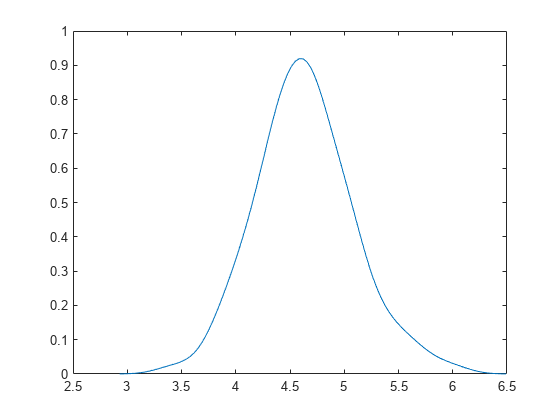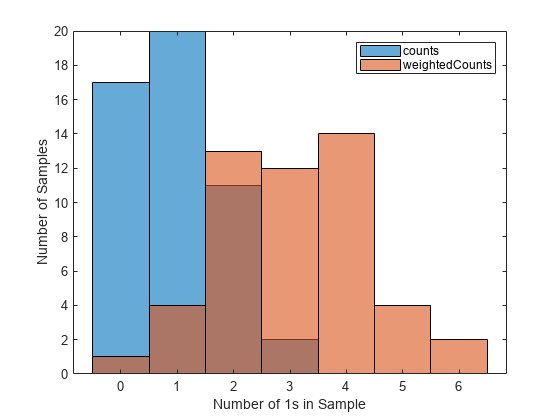bootstrp
부트스트랩 추출
구문
설명
bootstat = bootstrp(___,Name,Value)
예제
입력 인수
이름-값 인수
출력 인수
확장 기능
버전 내역
R2006a 이전에 개발됨
참고 항목
histogram | bootci | ksdensity | parfor | random | randsample | RandStream | statget | statset




